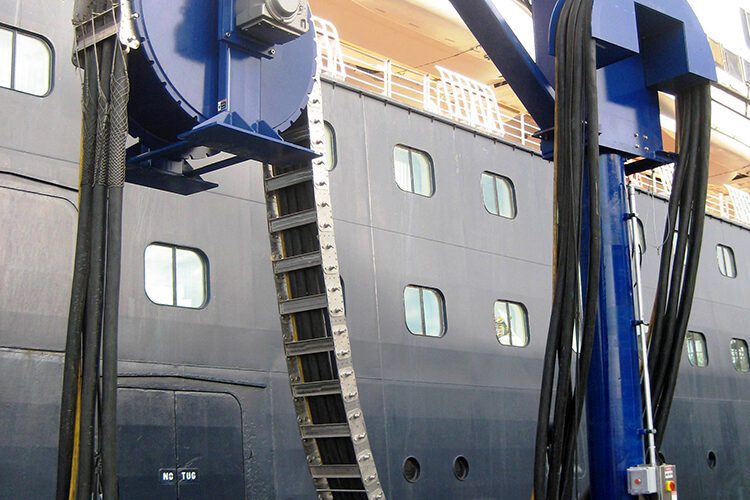For the cruise line and marine industry, shore power systems dramatically reduce the environmental impact of cruise ships and vessels docked at ports by allowing them to plug into local electrical power instead of running diesel engines that create significant emissions. Today, shoreside electricity connectivity is considered one of the fundamental building blocks in the marine industry’s goal to decarbonize global shipping and address climate change. Cruise Lines International Association’s (CLIA) 2022 Global Cruise Industry Environmental Technologies and Practices Report shows the industry’s progress towards achieving the vision of net-zero carbon cruising globally by 2050, including transitioning to shore power.…
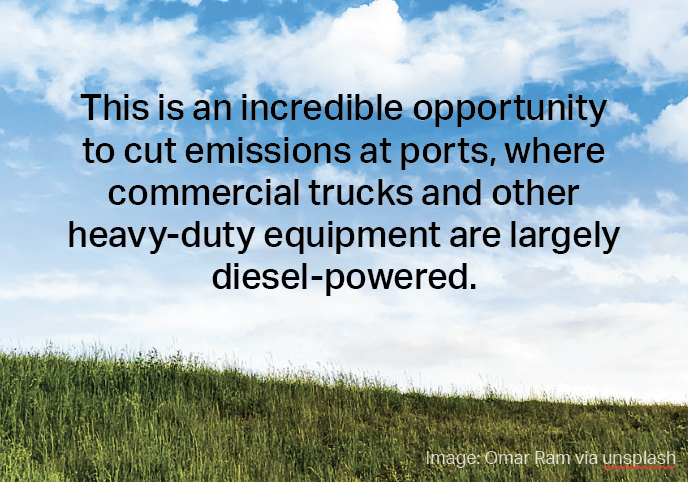
Last fall, the U.S. made a historic $3-billion investment through the Inflation Reduction Act to decarbonize America’s maritime industry. The Clean Ports Program, administered by the Environmental Protection Agency, will provide funding to help port operators cover the cost of replacing their diesel-powered equipment with zero or near-zero emissions alternatives. This is an incredible opportunity to cut emissions at ports, where commercial trucks and other heavy-duty equipment are largely diesel-powered. Port leaders support the transition to cleaner energy, thereby creating a safer work environment, but the legislation doesn’t set operators up for success. To ensure the program will meet its…
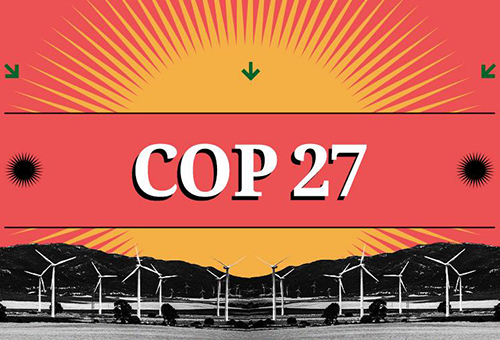
The agenda of the recent U.N. Climate Conference held in Egypt this past November leaves out a very big emissions source that could prevent meeting the 2050 deadline for a net “Carbon Zero” global economy, and that is transportation. The reason that transportation was left off the agenda is because there is seemingly no solution to a fossil fuel-based transportation sector when accounting for maritime shipping, rail transportation, commercial aviation and long-haul trucking. These four parts of the transportation sector simply cannot be electrified because electrical storage technologies are simply not energy dense enough for large-scale practical applications. Each of…
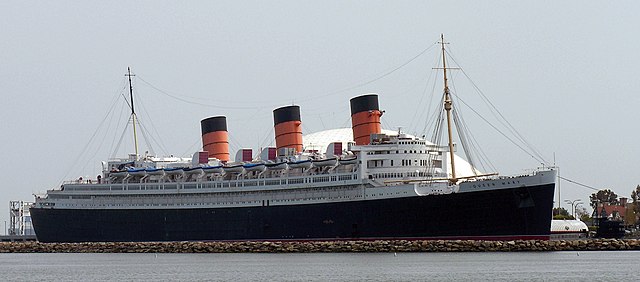
The vessel/hotel Queen Mary and its conjoined Russian submarine, sit abandoned and rusting in Long Beach. They are an example of civic pride gone awry and failed governmental oversight. The Queen Mary is a story of unfulfilled promises, multiple bankruptcies, city auditor reports, unaccounted for public funds, multiple operators and a vessel/hotel that has bounced between the City of Long Beach and the Port of Long Beach, back to the city and now a proposal to give it back to the port. The Queen Mary is indeed iconic. It is also a failure and an example of poor public policy…
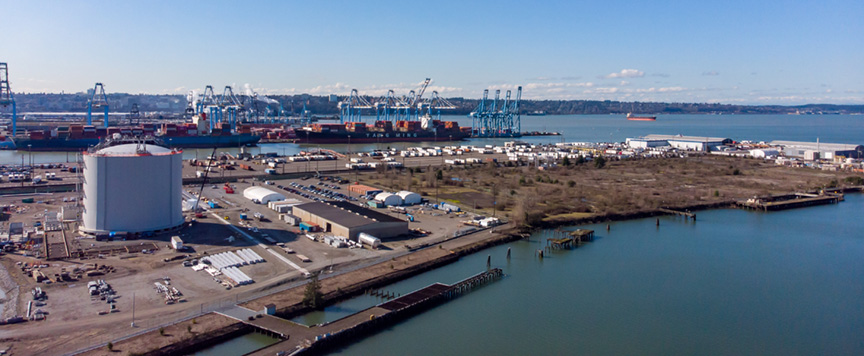
Submitted by Puget Sound Energy The Port of Tacoma is a deep-water, major shipping hub in the Pacific Northwest. Soon, it will also be home to a new LNG facility capable of providing marine vessels with a safe, reliable, and economic source of liquefied natural gas. That facility, the Tacoma LNG plant, is a jointly-owned endeavor between Washington State utility Puget Sound Energy (PSE) and its commercial sister company Puget LNG. The project broke ground on Nov. 1, 2016 and, ever since, the plant and its team have continued to successfully reach the milestones that a project of this complexity…
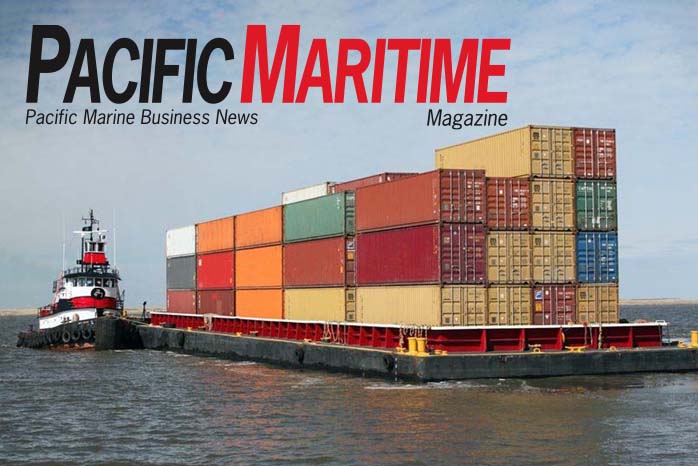
Joe Biden rode into the White House on campaign promises of building up climate resiliency, pledges to mitigate decades of transportation inequity, and assurances that his administration would take bold action to build back better with sustainable long-term investments in infrastructure. The nation’s crumbling infrastructure has been a prominent concern and front-burner policy issue for years, but the devastation and disruption of the COVID-19 pandemic highlighted a number serious deficiencies crippling our freight and logistics network. With unprecedented demand for imported goods and capacity issues abound, the pandemic effectively uncovered major issues for the maritime and freight logistics industries with…

